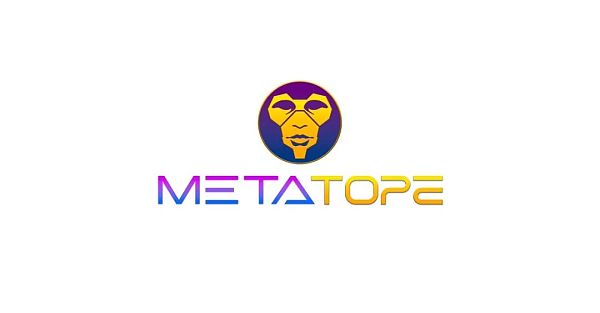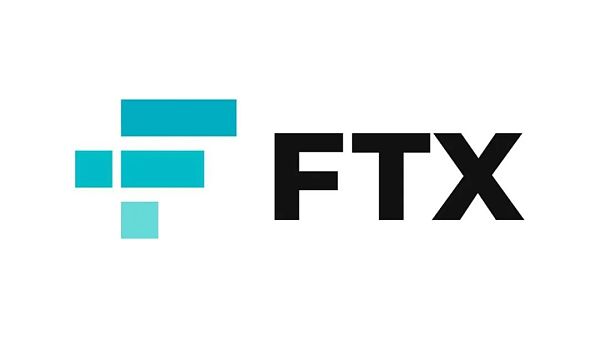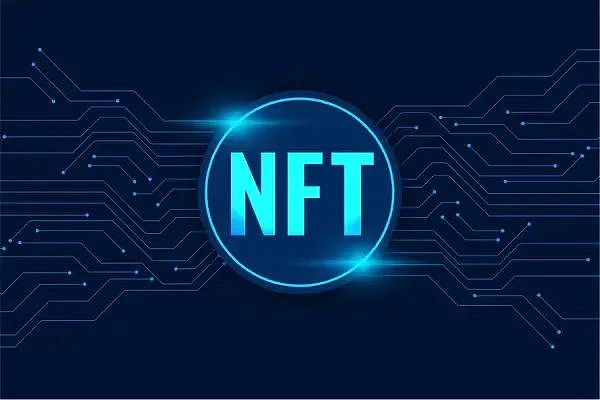Author: Jordan Yallen
Jordan is the CEO of blockchain technology company MetaTope.
My Web3 peers may not want to hear this news, but it’s true: we destroyed NFTs with our own hands.
We do. I know this sounds cruel, and maybe deep down you're telling yourself that I must be mistaken, but that's not the case.

This is not to say that anyone who works hard or any project that has no intention of destroying NFT is not completely innocent. In the NFT craze in recent years, some ill-intentioned people have made huge fortunes, but they have damaged the reputation of the industry.
Review errors
We Probably doing yourself a disservice by making cartoon images (JPEGs) the first major public use case for NFTs, although I'm not sure anyone will be able to stop that from happening. However, most NFT projects at the time provided little help other than providing special access rights or promising future utility. It gets even worse when celebrities get involved and mint NFTs that have little value other than padding their wallets.
There is also a widespread sense of unwarranted arrogance throughout the industry. Sam Bankman Fried (Founder of FTX) and his colleagues are probably the most "naive" prime example of this industry, apparently using tools like QuickBooks to manage billions of dollars and chartering private jets to deliver Amazon packages to them in the Caribbean Private estate in the area.
Based on my experience, the existence of FTX is not unique. While other companies may not have the same level of criminal conduct, many are run by similarly inexperienced and reckless leadership who lack the ability and guidance to successfully manage complex organizations.

Now is the time for our industry to become more traditional, drawing on the processes, standards and frameworks that have made the world of business, technology and finance successful. It’s time to say goodbye to 4chan’s meme culture and mature into a more legitimate industry.
In my opinion, it is time to move from "non-fungible tokens" to "unique digital records".
Rebranding works< /strong>
Corporate rebranding is not a new concept. Why? Because they can succeed.
I know you may be thinking: "Of course, rebranding is not new, but it usually takes a long time. It's too early to rename NFTs !"
Okay - but you're wrong.
Have you tried Brad's Drink? No, but you drank Pepsi-Cola, but Pepsi-Cola didn't change its name to the brand until 1898, five years after Caleb Bradham started selling his Coke.
Have you entered a search term in BackRub? I suspect you didn't, because the Google we know today operated under that name for about a year after its founding.
Have you shopped on AuctionWeb? Unless you were in the early days of the internet, unlikely. However, you've probably purchased an item or two on eBay, which is the name the company adopted a few years after its founding.
That being said, rebranding can indeed be successful later on.
Take Apple, the most famous technology company today, as an example. Its predecessor was "Apple Computer Company". It also once had a less eye-catching colorful logo, which Steve Jobs replaced with the modern monochromatic design that the world is famous for today.
Another well-known rebrand is Dunkin' (one of the world's famous donut chains), formerly known as Dunkin' Donuts. When the chain dropped the word "donut" in an attempt to establish itself as a "beverage-led on-the-go brand," consumers responded well. The rebrand was a success, and the company even continued to use its decade-old slogan: “America running on Dunkin’.”
Innovation avoids downgrades
To make rebranding work effect, often requiring changes to the product, not just the name. For Apple, the name change comes with an updated product line that embraces sleek, minimalist designs and abandons bright hardware. For Dunkin', the rebrand brings an update to the menu, including beverages and grab-and-go items for breakfast and lunch.
For NFT, the way we change products is to innovate and improve technology, including finding ways to demonstrate its revolutionary utility. The best way to do this is through unique application scenarios that not only leverage the technology, but leverage it in a way that adds value.

Take the example of chat rooms in the early days of the Internet, which served as a way for people to connect to discuss different topics. These chat rooms continued to evolve by adding features such as video conferencing, and eventually grew into important digital tools.
Without innovation, NFTs risk being relegated to the status of an enterprise technology, serving powerful uses in industries that require an undisputed way to verify ownership of digital assets. Worse, on the consumer side, NFTs risk being viewed as just another fad.
Accurate and timely
As above Having said that, I’m not sure our industry is completely ready for an NFT series like Bored Ape to gain widespread acceptance in social culture. At the time, it was still so difficult to purchase NFTs and use them in any practical way that they were looked down upon by the media and ordinary consumers.
Since we were not ready to meet the new demand last time, it is very important to be ready for the next wave of demand. Once people start expecting it again, we need to prepare a better experience for them - including a potential rebrand that not only describes the technology more appropriately but doesn't create huge branding issues.
 Weiliang
Weiliang







